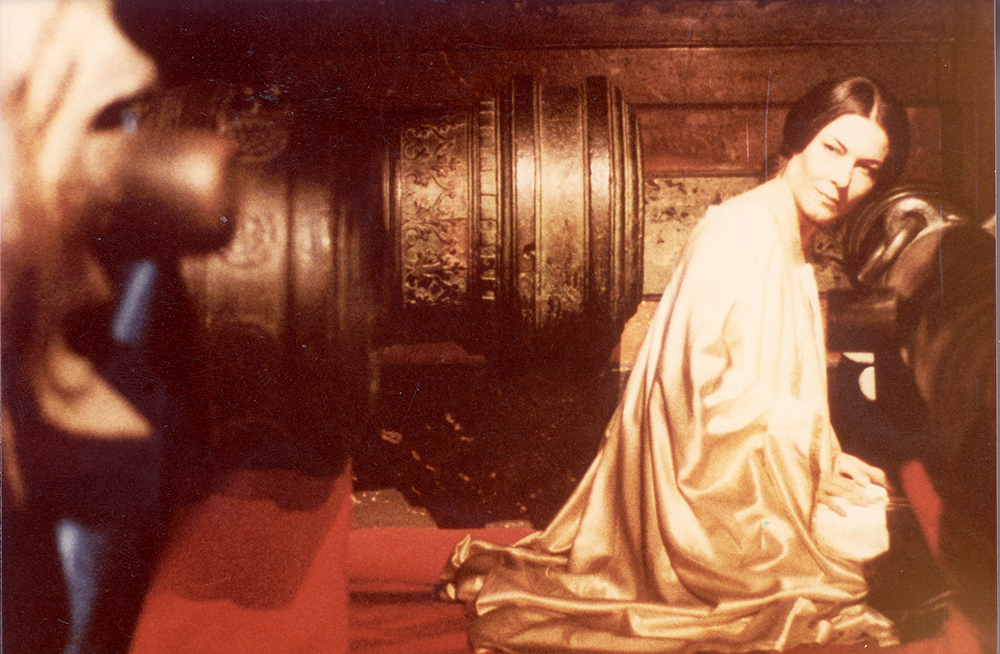02: Paulo Rocha
“A perfectly ‘disorienting’ film... Disorientation occurs when the next door opens, out of the blue, onto the distance. In A Ilha dos Amores, next door is Portugal and it opens onto Asia. We think we know Portugal, and we are wrong. We know that we don’t know much about Portuguese literature, but we do not even suspect that between Portugal, its colonies and its outposts there is a literature of exile, a tenuous axis that has linked Lisbon to Macau or Nagasaki for centuries. We don’t know about Wenceslau de Moraes (but at the end of Rocha’s film we love him). We no longer have the right to ignore that Portugal is a small country that produces many wonderful films. ‘Artisanal, anarchic and visionary cinema,’ as Paulo Rocha puts it.” — Serge Daney
We discovered the work of Portuguese filmmaker Paulo Rocha (1935-2012) thanks to Pedro Costa, who presented the restored version of his second feature film Mudar de Vida (1966) at the Courtisane Festival in 2015. Despite the steadily growing critical acclaim that followed the release of this film, Rocha disappeared from the scene until 1982, when he made his astonishing return with A Ilha Dos Amores. It took Rocha over a decade to make this film, which takes the viewer on a slow journey in the footsteps of Wenceslau de Moraes (1854-1929), a leading light in Portuguese Orientalist literature. Thanks to new restorations of A Ilha Dos Amores and its ‘twin’ A Ilha de Moraes (1984), this remarkable work can now be beheld in all its singular beauty and its “rare plastic lavishness, always daring, and owing nothing to anyone” (Serge Daney).
